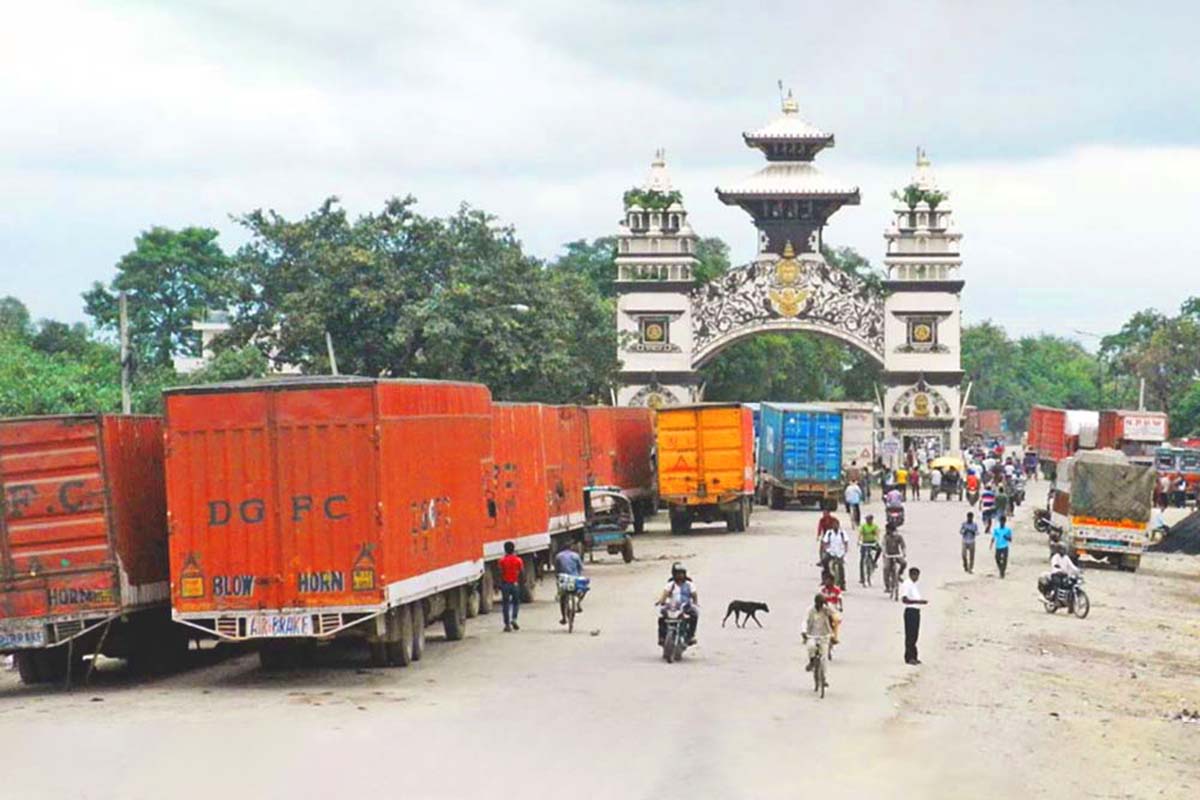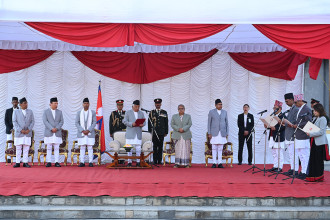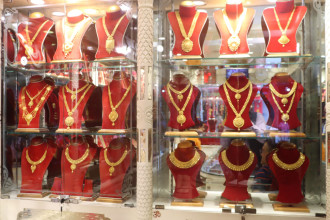
KATHMANDU: Nepal has exported cooking oil worth approximately Rs 56 billion in the past eight months of the current fiscal year 2024/25.
The export of processed edible oil has risen significantly as Nepal imports raw materials from abroad, processes them domestically, and re-exports the finished products.
According to foreign trade data released by the Department of Customs as of mid-March 2025, imports increased by 11.20%, while exports rose by 57.20% compared to the same period in the previous fiscal year.
This growth highlights the increasing importance of edible oil in Nepal's export portfolio. In the last eight months, Nepal's total exports amounted to Rs 158 billion, with soya bean oil accounting for Rs 47.94 billion. Sunflower oil exports stood at Rs 7.98 billion, followed by cardamom at Rs 5.83 billion and carpets at Rs 4.32 billion.
However, Nepal incurred a trade deficit of Rs 987.39 billion during the second quarter of the current fiscal year, with total foreign trade reaching Rs 1,303.73 billion during this period. From July 16, 2024, to mid-March 2025, Nepal imported goods worth Rs 1,145.56 billion, while exports totalled Rs 158.17 billion.
The trade deficit with India during this period was Rs 563.67 billion, with imports from India amounting to Rs 688.68 billion and exports to India worth only Rs 125 billion. Similarly, the trade deficit with China reached Rs 21.70 billion, as imports from China stood at Rs 219.18 billion, whereas exports were valued at a mere Rs 2.12 billion.
Nepal also reported high trade deficits with other nations, including Argentina, Ukraine, the United Arab Emirates, and Australia.
Petroleum product imports dominated during this period, with diesel imports valued at Rs 78.86 billion, petrol at Rs 42.80 billion, and LPG at Rs 41 billion. Electric vehicles (EVs) worth Rs 9.69 billion and other vehicles worth Rs 2.11 billion were also imported. Additionally, Nepal imported 1,407,078 smartphones, valued at Rs 21.91 billion.
Despite these deficits, Nepal achieved a trade surplus with 34 countries, including Afghanistan, Denmark, Russia, Austria, and the Maldives.
By RSS






-1765524551.jpeg)